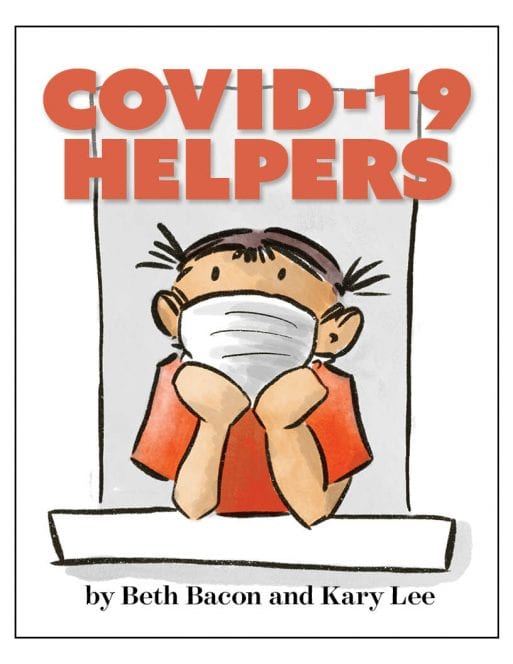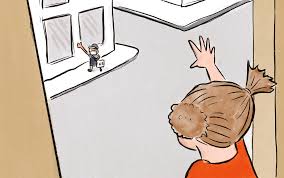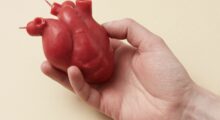 “COVID-19 Helpers,” an e-book about the pandemic by Beth Bacon and Kary Lee, is one of the best resources out there to explain COVID-19 and its accompanying emotional roller-coaster of anxiety and fear for children. The book is the winner of the Emory Global Health Institute’s COVID-19 Children’s eBook Competition.
“COVID-19 Helpers,” an e-book about the pandemic by Beth Bacon and Kary Lee, is one of the best resources out there to explain COVID-19 and its accompanying emotional roller-coaster of anxiety and fear for children. The book is the winner of the Emory Global Health Institute’s COVID-19 Children’s eBook Competition.
Jeffrey Koplan is vice president for global health at Emory College and founder of the Emory Global Health Institute, whose mission is to bring the knowledge and skill sets of diverse disciplines together to address global health issues. He is also a grandfather of children currently living through the crisis of COVID-19, and, just like other kids, they were asking questions. In order to help provide answers to his grandchildren and other children, EGHI launched the COVID-19 Children’s eBook Competition.

A Page from “COVID-19 Helpers”
The competition invited writers and illustrators to submit a children’s e-book whose content provided information about COVID-19 for children ages 6 to 9. The competition’s guidelines required books to contain age-appropriate information about COVID-19, to describe actions taken by medical professionals and other essential workers, and to communicate to the young reader that they are safe and that it is OK to feel upset and afraid. The books could also contain suggestions to help kids stay safe and healthy, impressing upon them the importance of good hand-washing techniques, social distancing, healthy diets and rest. The organizers put together a team of 70 judges with backgrounds in medicine, public health, education, publishing and the arts to review the e-book submissions and select a winner.
The winning e-book, “COVID-19 Helpers,” written by Beth Bacon and Kary Lee from the Seattle area, describes the ways in which people from all walks of life, including children, can help in the fight against COVID-19. Bacon is the author of four children’s books and Lee has illustrated five other books.
When asked what kind of impact she hoped that the book would have on children, author Beth Bacon replied:
“I hope kids will feel proud about the contributions they are making. Staying away from school, missing sports games, skipping birthday celebrations — those are real sacrifices. These kids are not doing ‘nothing.’ Kids make up an important part of an overall strategy to reduce the spread of this disease through social distancing. Until we find a medical solution, each of us has a part to play.”

 “COVID-19 Helpers” by Beth Bacon and Kary Lee
“COVID-19 Helpers” by Beth Bacon and Kary Lee


 Terminal Sedation at the End of Life
Terminal Sedation at the End of Life
 National Donate Life Month Reminds Us To Give
National Donate Life Month Reminds Us To Give
 How Dare You Die Now!
How Dare You Die Now!














